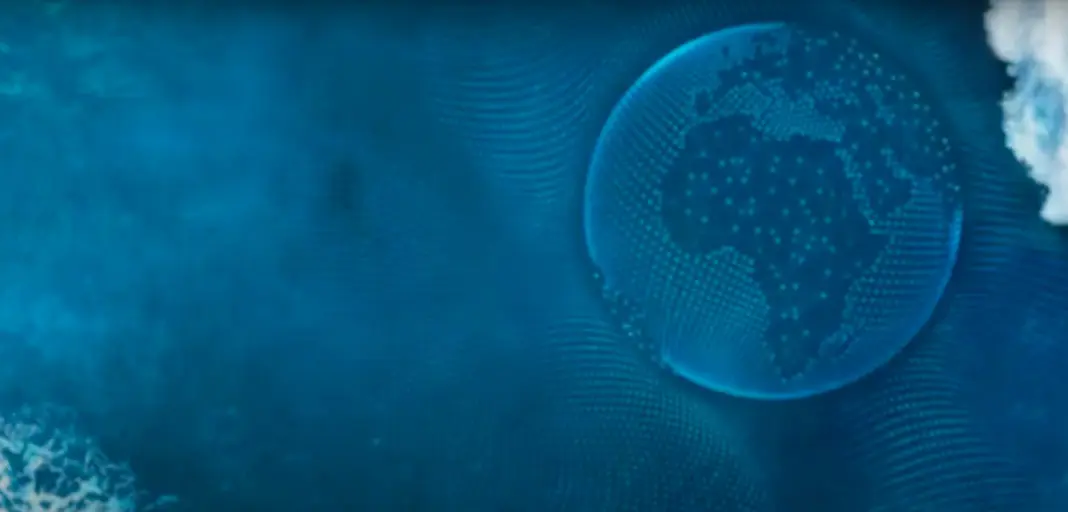A new technique to search the seas for novel components has the potential to lead to many new drug discoveries locked up in our oceans.
The new work is by researchers from the University of San Diego’s Scripps Institution of Oceanography in collaboration with the Skaggs School of Pharmacy and Pharmaceutical Sciences.
The new methodology works by capturing compounds directly from the oceans. So far, the technique has led to the discovery of several new compounds, including one that is showing promise in combating cancer cells.
According to the study co-author Paul Jenson, a Scripps oceanography microbiologist:
“What’s particularly exciting is that we found these novel compounds from a single deployment site. This hints at the vast chemical diversity waiting to be discovered in our oceans. When we culture an organism in the lab, they don’t necessarily want to make what we want them to make without the right stimuli. This creates difficulties and limits the compounds we discover.
“Instead, we wanted to go to the ocean where these microbes live and see what they produce in a natural setting. We wondered if we could use similar resins to capture the broadest possible range of marine compounds. The answer was yes. From just one deployment, we came back with an embarrassment of riches in terms of the number of what appear to be new molecules.”
While co-corresponding author and chemist Tadeusz Molinski added:
“The ocean remains a vastly untapped source for potential new medications. This new method substantially enhances our ability to identify marine-based compounds that could become life-saving therapies.”
You can find the original research here.

